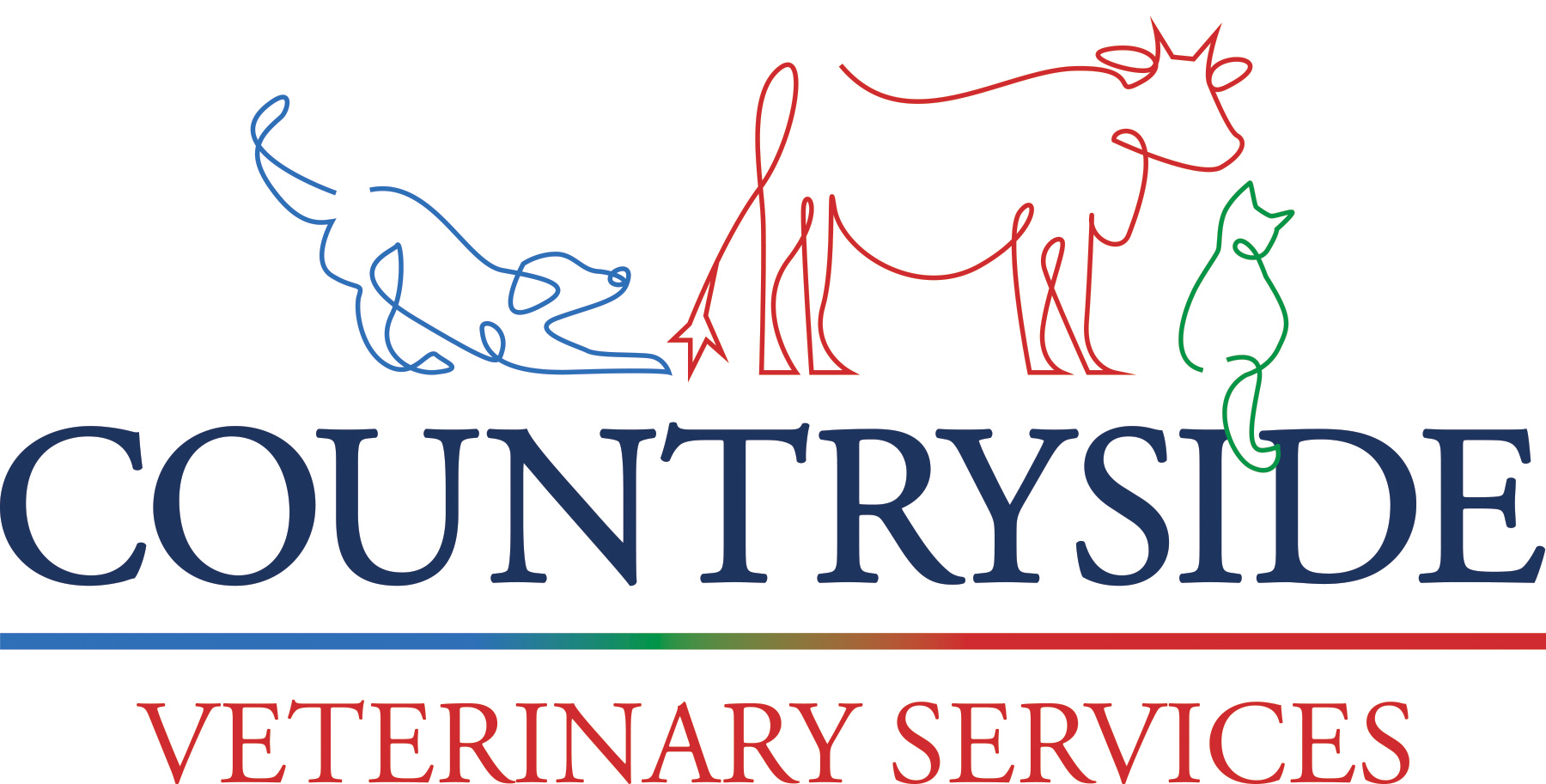What You Need to Know About Feeding Your Puppy
Selecting A Food
When your puppy is ready for adoption, he should be weaned from his mother and ready to eat solid food. As your puppy’s new owner, you are responsible for making good food choices for your pet. Young puppies need food that provides a good balance of protein, carbohydrates, fats, vitamins and minerals. Be sure also that your young canine gets plenty of water.
Considering The Breed & Size
How you feed your puppy depends largely on the breed and eventual size of your dog. You need to consult with your vet about these details, however, in general, be sure to keep in mind that:
Smaller breeds mature much faster than larger breeds. Smaller breeds such as Chihuahuas, Bichon Frises, Dachshunds,
Pugs, and Yorkshire Terriers, just to name a few, have much faster metabolisms than puppies of larger breeds. Purchase a dog food that is made for smaller breeds, with smaller pieces and more energy-dense properties. In addition, please note that toy breeds will need to eat more often.
Larger breeds need food to promote appropriate, slower growth. Buy dog food that is designed for larger breed puppies, as this is less energy-dense and promotes appropriate, slower-paced growth according to the breed type. Do not overfeed larger breed puppies, as this may lead to joint problems.
Check with your vet before purchasing the first food for your puppy, or if you are changing foods. Always check with your vet about which food they recommend, or if you have questions about how to feed a certain dog breed.
Adhering to a Feeding Schedule
Make your daily feeding schedules consistent. Because of their rapid growth rate, you will need to feed young puppies under 12 weeks of
age more frequently, at about three or four times a day. Again, check with your vet on the frequency of feedings, as you do not want to
overfeed your pet. At around three months, you can begin feeding your puppy a little less. Consult your vet with any questions regarding
your puppy’s feeding times, food amounts, and overall growth and we will give you the best recommendations.
Keeping Track of Bodyweight
Continue to watch your puppy’s bodyweight. Should you notice signs of being overweight or underweight, adjust your puppy’s food amount accordingly. Check with your vet frequently and schedule appointments to have them check your puppy’s weight and measurements to monitor
bodyweight and growth. Ask your vet for how to check for appropriate bodyweight at home as well.
Asking a Vet for Advice
Be sure to consult with your vet when you first buy or adopt your puppy, as they are experts in the field, (and often dog lovers too!)
Here at Countryside, we treat all puppies with care, and will give you the best recommendations for which puppy food to choose, the best feeding times, the frequency of feeding times, and the appropriate portion size for the age and breed of your new beloved companion.
